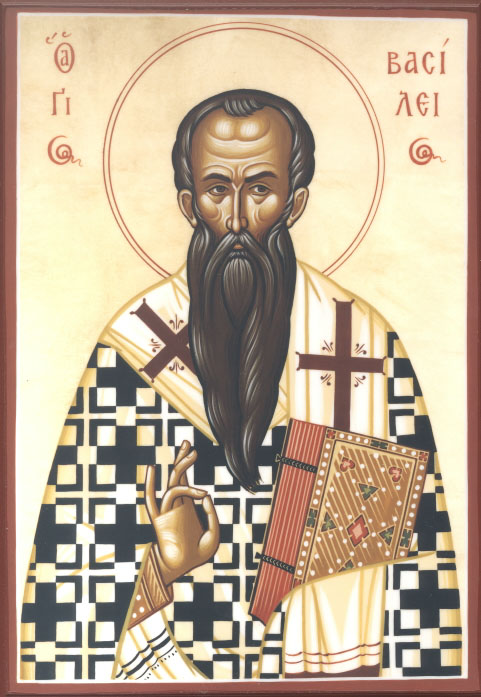"...seek and you will find..."
— Matthew 7:7, Luke 11:9.
An ongoing search has been underway since last October when I posed the question dealing with the notion of evil as nothingness - famously proposed by St. Augustine - and the problem to which this leads given that Hell and the beings in it exist. I posted the original question here and offered some thoughts on a reader's response here. In listening to a series of talks by Servant of God Fr. John Hardon, S.J., I have been fortunate enough to come across a lecture in which he addresses this question explicitly, referencing Sacred Scripture as well as teachings from the Church's Sacred Tradition in his response.
He begins with an enumeration of the three senses in which God is omnipresent found in Church teachings:
Before we go into the closer meaning of God's omnipresence, I think we should know something about the world in which God, as we say, is omnipresent. The first way that God is present is called "natural." By the very nature, whatever exists, exists only because God is present to that creature sustaining it in its existence. It is also called "ominipresence." This is called God's "universal presence." In all creatures - both rational and irrational - in Heaven, on Earth, in the center regions, is God - even present in Hell. We must say "yes." If that's the fundamental way in which God is present, we ask, is God also present in a supernatural way? Yes. More properly called, "the divine indwelling." The way that God is present in the souls of those who are in the state of grace. Oh, what a difference between God being present in every creature and God's unique presence in those who possess His grace. Finally as our Faith tells us, God is also present in what we call His "Real Presence," where God is present, not only as God, but as the God who became man. In His Real Presence, God is present, as we say, "corporeally." He is present in the Holy Eucharist for all eternity...
— Servant of God Fr. John Hardon, S.J., from Our Spiritual Life – Men’s Retreat, Lecture 23: Omnipresence of God, 1978-9. (Emphasis added.)
The next writings he cites on the topic come from the Old Testament, namely Psalms 139 and Jeremiah 23:24:
Finally, I think that the post would not be complete without a quotation giving what Fr. Hardon refers to as "the most detailed profession of faith in God's omnipresence from the Scriptures," found in Acts 27:What is the revelation of God on His omnipresence? Both Sacred Scripture and what we call "Sacred Tradition": they are filled with professions of faith in God's omnipresence. Just to read one short passage from one of the Psalms: "Where shall I go before your spirit?" the psalmist prays to the Lord. "Where can I flee before your face? If I ascend to the heavens, you are there. If I descend into Hell, you are there. If I take my wings and fly to the outermost parts of the sea..." even there, you, my Lord, are there. You are everywhere. You are always near me with your omnipresence. Then, the Lord says to the prophet Jeremiah, "Do I not fill the heavens and the earth?" The answer is, God fills every creature that exists. Unless God were present, nothing else would be there.
— Servant of God Fr. John Hardon, S.J., from Our Spiritual Life – Men’s Retreat, Lecture 23: Omnipresence of God, 1978-9. (Emphasis added.)
St. Paul is speaking to the pagan Greeks of Athens. He tells them that the God who created the world is everywhere. This gave St. Paul the occasion for explaining that this "unknown God" - as the pagan Greeks called Him - this "unknown God" is not far from any human being. In fact, unless God were present, there would not be a human being. Says Paul, "In him we live, and move, and have our being." (Acts chapter 17, verses 27 and 28.) Now we ask, how is God present everywhere? Given the revealed fact that God is omnipresent everywhere, the Church has, over the centuries, gone on to explain...
— Servant of God Fr. John Hardon, S.J., from Our Spiritual Life – Men’s Retreat, Lecture 23: Omnipresence of God, 1978-9.
Servant of God Fr. John Hardon (†2000), pray for us.
On the traditional calendar, today is the feast of St. Basil the Great (†379), bishop and Doctor of the Church.

Sancte Basili Magne, ora pro nobis.